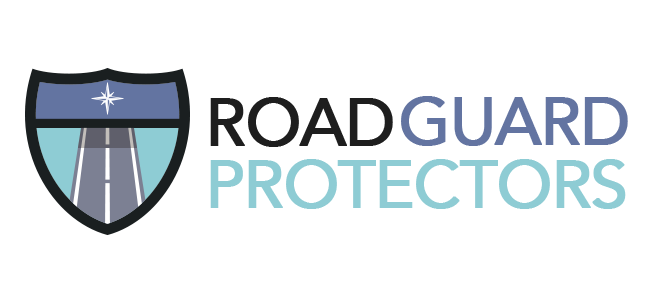Dealing with insurance claims disputes can be a challenging and stressful experience, particularly when faced with uncooperative parties. Whether it’s an insurance company delaying payments or a third-party disputing liability, finding a resolution that satisfies all parties involved is essential for moving forward. In this article, we’ll explore strategies for navigating claims disputes and tips for resolving them amicably.
Understanding Claims Disputes:
Claims disputes arise when there’s a disagreement between parties regarding the handling, coverage, or settlement of an insurance claim. Common types of disputes include:
- Coverage Disputes: Disagreements over whether a claim is covered under the terms of the insurance policy.
- Liability Disputes: Disputes regarding fault or responsibility for the incident leading to the claim.
- Settlement Disputes: Disagreements over the amount or terms of the settlement offered by the insurance company.
Strategies for Resolving Claims Disputes:
- Maintain Open Communication: Effective communication is key to resolving claims disputes amicably. Keep the lines of communication open with all parties involved and strive to address concerns or issues promptly and constructively.
- Seek Clarification: If there’s uncertainty or confusion about the reasons for the dispute, seek clarification from the other party or insurance company. Understand their perspective and rationale behind their decisions to identify potential areas for compromise.
- Provide Documentation: Supporting your position with clear and compelling documentation can strengthen your case and facilitate resolution. Gather relevant evidence, such as accident reports, witness statements, photos, and medical records, to substantiate your claims.
- Consider Mediation or Arbitration: Mediation or arbitration can be effective alternative dispute resolution methods for resolving claims disputes outside of the courtroom. These processes involve neutral third parties who help facilitate discussions and reach mutually acceptable resolutions.
- Consult with Legal Counsel: If negotiations stall or the dispute escalates, consider seeking legal advice from an attorney specializing in insurance law. A legal professional can provide guidance on your rights, options, and potential courses of action for resolving the dispute.
Tips for Dealing with Uncooperative Parties:
- Remain Calm and Professional: Stay calm and composed when interacting with uncooperative parties, even if tensions escalate. Adopting a professional demeanor and focusing on constructive dialogue can help de-escalate conflicts and foster cooperation.
- Document Everything: Keep detailed records of all communications, interactions, and developments related to the dispute. Documenting key points and agreements ensures clarity and accountability throughout the resolution process.
- Explore Common Ground: Look for areas of agreement or compromise that can serve as a foundation for resolving the dispute. Finding common ground allows parties to move forward collaboratively and reach mutually beneficial outcomes.
- Know When to Escalate: If efforts to resolve the dispute directly with the other party or insurance company are unsuccessful, know when to escalate the matter through formal channels, such as regulatory agencies or legal proceedings.

